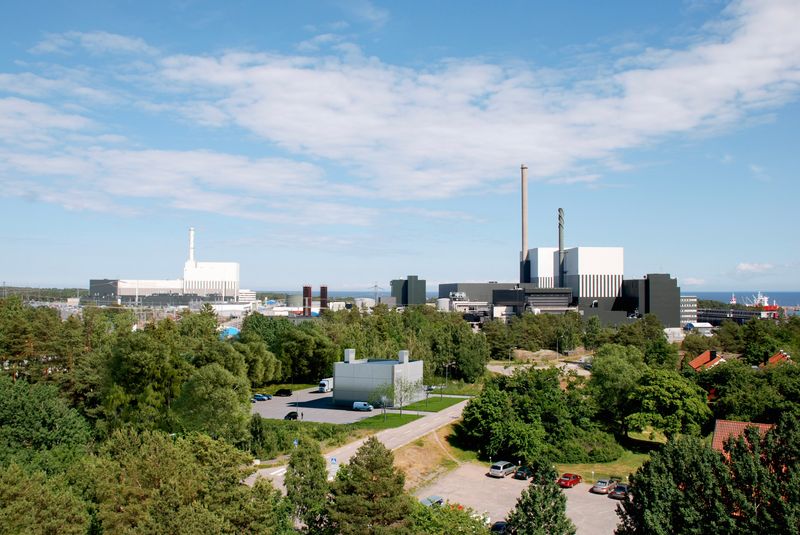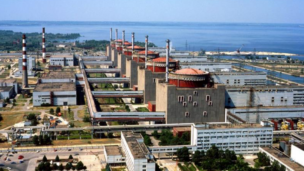A Swedish SMR developer just got funding to take the next step in development. Blykalla announced this week that it secured 80M SEK ($7.3M) in new funding from investors.
The round was led by Norrsken Launcher and Nucleation Capital, a nuclear-focused venture fund. It also included participation from Earth Venture Capital, Farvatn, and a handful of private investors. The round brings the company’s total funding to ~$20M between fundraising and a grant award from the Swedish government.
“This is right at the cusp of where the journey towards commercialization is really taking off,” Blykalla CFO Mikael Fraenkel told Ignition, adding that Blykalla is “a company that’s fantastically well positioned to be part of the SMR paradigm of new nuclear.”
Signed, sealed, delivered: Blykalla’s Swedish Advanced Lead-cooled Reactor (at a stretch, SEALER) concept is a lead-cooled fast fission reactor that uses a set of novel corrosion-resistant steel alloys to contain the lead.
The company says its fuel cycle is 140x times more efficient than traditional light water reactors. How that breaks down, per Fraenkel:
- A traditional LWR would need 7x the fuel weight to produce SEALER’s planned output
- The in-place fuel recycling would allow Blykalla to use nearly 100% of the uranium input rather than the 5% of a LWR—that’s another 20x
- Take it back to grade school and do the multiplication to get 140x
The business case: As is the case for many SMR developers, Blykalla is looking to customers outside the grid to use SEALER once it’s ready for commercial use.
“We will end up being a technology vendor that sells our technology to end users, and we will not be the operator of SMRs or of nuclear power plants,” Fraenkel said. “We think some of the more attractive use cases are partially in industrial applications that can make use of the hot steam.”
The first two reactors will be built in Sweden, Fraenkel said. The company also has an LoI with a Ukrainian company to supply nuclear power to support rebuilding after the war. Blykalla is also looking at other European markets and Canada.
The path to deployment: Now that the company has raised this round of funding, it’s turning its focus to development and licensing. Blykalla is constructing a scaled-down test version of SEALER to gather the data necessary to complete the approval process in Sweden. The company aims to complete both its test reactor and license application in 2025.
“The government has now indicated that they would like the Swedish regulator to be able to answer a license application in 12–18 months,” Fraenkel said. “That said, given that we are introducing novel technology, we have accounted in our timelines for two and a half years to get the first license to start construction.”
According to Fraenkel, the company’s short-term priorities are:
- Developing the electric test reactor and designing the first full-size reactor
- Preparing the licensing application
- Advancing commercial partnerships
+ Want more? Ignition recently caught up with Rod Adams, managing partner at Nucleation Capital, to discuss his investing thesis and thoughts on the sector. Read the Q+A online.




